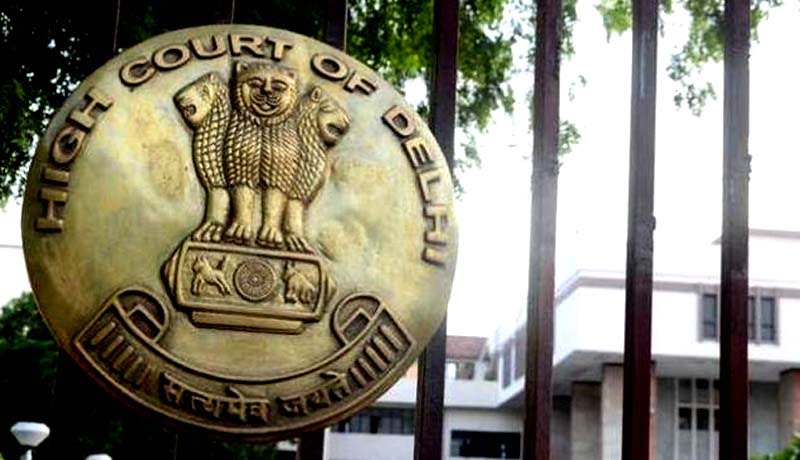Delhi High Court rejects Strict Interpretation for Requirement of License / Certificate under Electricity Act [Read Judgment]

Seized Material – Delhi High Court – Taxscan
Seized Material – Delhi High Court – Taxscan
The Delhi High Court in the case of Commissioner of Trade and Taxes v. Schneider Electric India Pvt. Ltd. holding in favor of the assessee allowed exemption of supply of electrical equipments to buyers ruling that “unlike and exemption granted through a notification, the effect of the rule is to exclude a species of transaction from calculation of taxable turnover”
The assessee is a registered dealer engaged in the business of selling various electrical equipment used in generation and distribution of electricity. For the years 2003-04 and 2004-05, the assessee sold electrical equipment to various undertakings engaged in the distribution of electricity. The recipients provided certificates to the assessees stating that the supplies made by the assessee need not be included in the taxable turnover. This exemption was denied for the year 2003-04 by the assessing authority. A direction of pre-deposit was given by the Additional Commissioner and was upheld by other authorities. However, it was before the VAT Tribunal that the benefit of the claim under Section 4 of the DST Act was allowed and is challenged by the revenue before the present Court.
The issue in the present matter was whether the VAT Tribunal is correct in upholding the refusal of revenue’s claim for exemption for sales made to distribution companies for the period prior to 11.03.2004.
The assessee submits that they are entitled to the exemption for the period under consideration even after the introduction of the 2003 Act. The assessee relied upon Section 8 of General Clauses Act, 1897 to state that where this Act or any other Act made after the commencement of this Act repeals or re-enacts any provision of the former enactment, then references in any other enactment or in any instrument to the provision so repealed shall be construed as in reference to the provision so re-enacted. The object of the 2003 Act was pointed to be a consolidating statute to continue the scheme established by the previous Act. Further that once the prescribed certificates issued byte buyers certifying that the goods were purchased for use directly in distribution of electrical energy, the benefit cannot be denied.
It was contended from the other side that Rule 11 in itself is a self-contained code and mentions the requirement of a license. Since the ‘distribution companies’ are not eligible for issuing the certificate under the provision, the selling dealers were not eligible to claim the deduction.
The division bench comprising of Justices S. Ravindra Bhat and Prateek Jalan after taking into consideration the interpretations by both the sides and the material relied upon by them reasoned that “unlike and exemption granted through a notification, the effect of the rule is to exclude a species of transaction from calculation of taxable turnover” The Court went on to hold that it is for this nature of the exclusion that the rule of strict construction of exemption in favour of the revenue cannot apply in the present case. It concluded that “any other interpretation would lead to absurdity, because the intent of the legislation to permit a deduction from the turnover, would be defeated; the rule would be rendered unworkable and otiose.”
To Read the full text of the Judgment CLICK HERE

